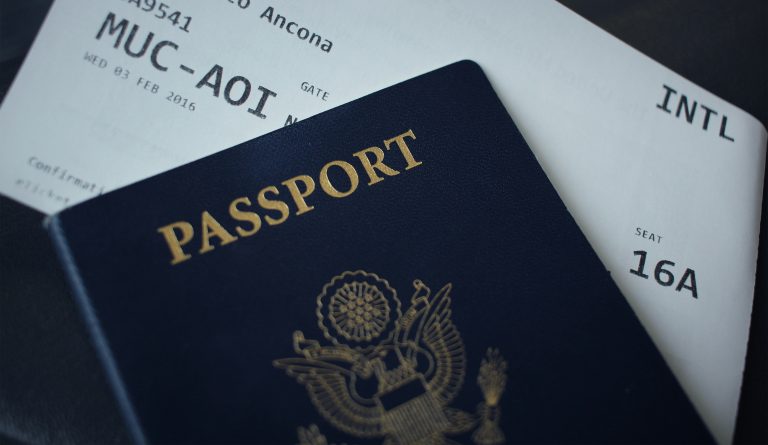

A key part of every company’s policy that potential employees look out for would be their holiday and its pay. It is crucial for companies to get all these intricacies sorted out to ensure that compliance is met so that talent can be retained.
- Bundesurlaubsgesetz: Federal Holiday with Pay Act
- Arbeitstag: a business day, which means any day except weekends, federal holidays, and days on which banking institutions are authorised or required by law to close
- Werktag: a day when work is permitted by law without special restrictions, most often Monday – Saturday, for those working these 6 days per week
- Feierabend: time off not spent working, such as in the evening or before a holiday
- Brückentag: a holiday that happens in between 2 working days
- Sonderurlaub: when you have a holiday for special conditions such as a marriage ceremony or the birth of a child
- Urlaubsgeld: holiday pay
You might not be getting Oktoberfest off, but you will certainly get Christmas, New Year’s Eve, and the Easter Holidays off. There is a maximum of 13 holidays scheduled for any one German state so you can expect at least 4 full weeks of paid holiday each year. When it comes to Germany as a whole, the word Bundesurlaubsgesetz is key, because it refers to the legal obligation to provide pay for federal holidays to employees.
Furthermore, it’s important to mention that there are two types of days off you may come across in Germany: a Werktag and an Arbeitstag: A Wertag is a day when work is permitted by law without special restrictions, most often Monday – Saturday, for those working these 6 days per week. For example, if you work at the mall, you most likely are working 6 days a week. The word Arbeitstag refers to a working day or shift for those working 5 days a week. For instance, when someone is a teacher, or works as a lawyer or banker (to name a few).
It’s important to note that some businesses are open on public holidays, which means that people are working. But they are often entitled to at least 50% additional holiday pay for working at that time.
Yes employees do receive payment on public holidays, however, there are variations per state about what is considered a public holiday. Employees automatically receive payment on holidays that are considered “legal holidays” but each state regulates public holidays differently. Also, if a holiday falls on a weekend, workers do not get compensation for that day. Time off not spent working (Feierabend), such as in the evening or before a holiday do not count as holiday time off.
Aside from public holidays, employees in Germany are also entitled to a minimum of 24 paid holidays taken on Werktage of their choice throughout the year. However, it’s common practice that companies offer 30 days as a standard for all employees. Some companies have specific policies for how often and when these can be taken, so be sure to check this in your contract.
Quick tip: If they offer less than 30 days of holiday during your contract negotiations, be sure that they’re somehow compensated with another benefit (language classes, company vehicle, meal vouchers, etc), otherwise that is not so great of an employer to work for.


The amount of holidays that part-time employees receive is proportional to the amount of hours they work. So for example, if you work 50% less hours than your full-time counterpart, you will then be given 50% of the total holiday leave.
There are also other special circumstances such as Sonderurlaub, which refers to a special holiday for or something like a marriage ceremony or the birth of a child. This situation would be a reason your employee would permit increased paid time off.
How to put in a request for holidays
In order to put in your request for holidays, all you need is the paperwork specific for holiday leave. You should ask your human resource department for the appropriate papers that need to be filled out or sometimes your company may have a software in place that automates this process.
However, if you ever decide to go sip some piña coladas on the beach without your employer’s permission, that might cost you. Make sure to plan ahead and get permission as far in advance as possible.
Can you exchange paid holidays for additional income?
Yes, you can exchange paid holidays for income but generally, it’s not a good idea because taxes are so high when you do this. And, trust me, you don’t want to get stuck in this pickle.
It’s better to just take the holiday later on in that year, extend a different holiday, or you could also just let your holidays roll on over into the next year!
Do holidays roll over to the next year?
Yes, unused holidays will automatically roll over onto the next business year if you haven’t used them by 31 March, but how this works depends on the company. This is an area again to double check in your contract for clarification.
With everything going on in the world right now, this section is important to talk about. If you or someone you know has been sick for an extended period of time, your holidays still await you! Just like I mentioned earlier, these days can be used until 31 March of next year. Furthermore, if you get sick on your holiday, you can also change your holiday into sick leave with a doctor’s note. Either way, you always get your holiday!
Normally if you take on a new position for the same company (like if you got a promotion) you won’t get more paid holiday (unless that’s a benefit that comes with the promotion). Your human resources department keeps track of employee hours carefully and will verify the amount of holiday time you have remaining, especially if you transfer during the same calendar year.
If you transition to your new job with unused holidays from your previous employer, then that is paid as an addition to your salary, so you start off fresh with your new employer. If there is time in between your previous and new positions, you are technically unemployed and not on paid holiday.
Global People is a leading local employment solutions provider for national and international corporations and can advise and escort you in your next destination.






